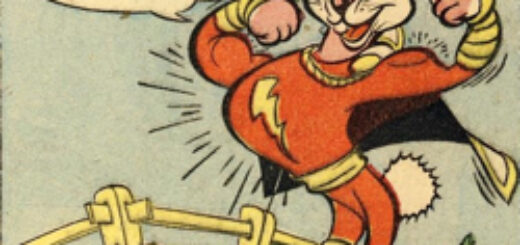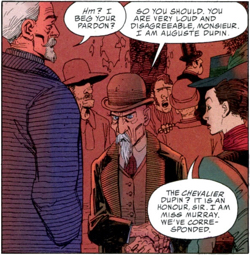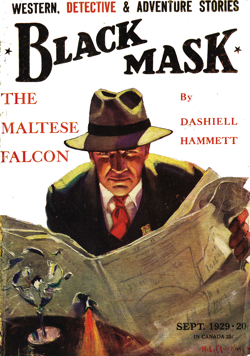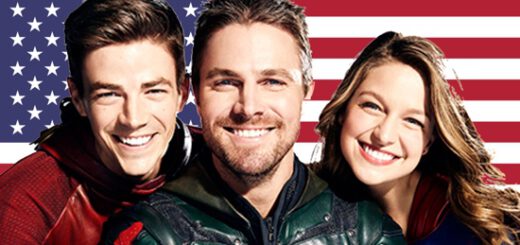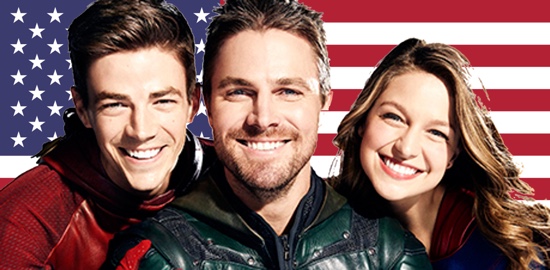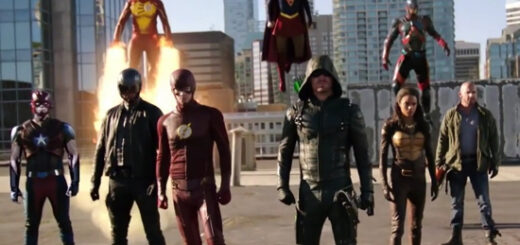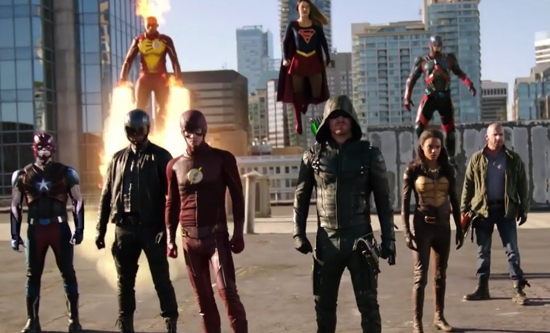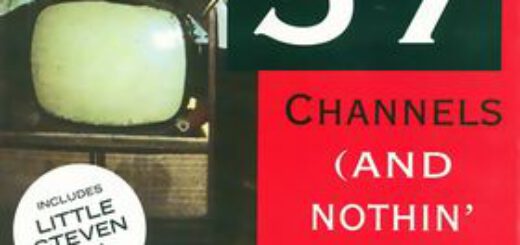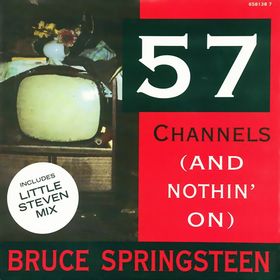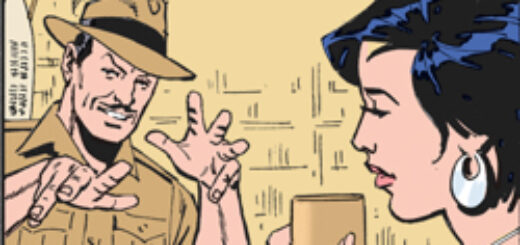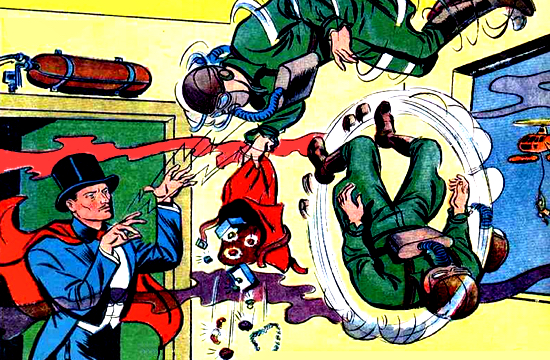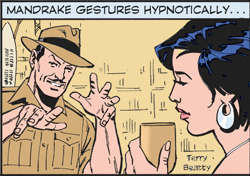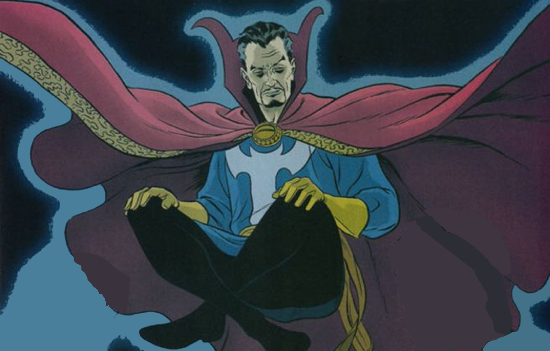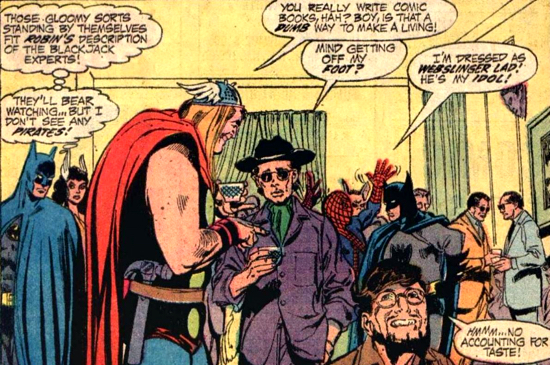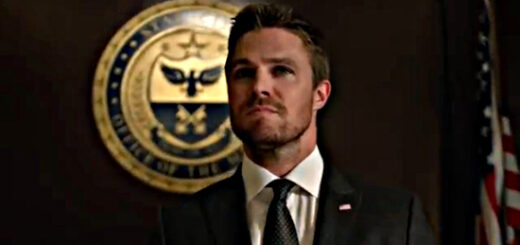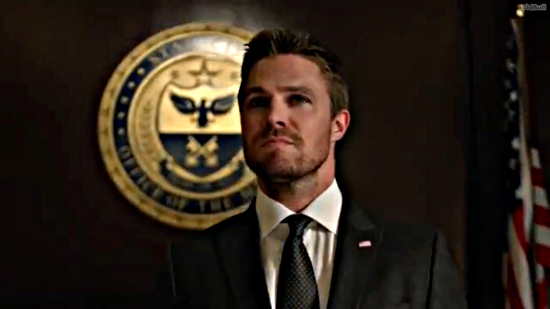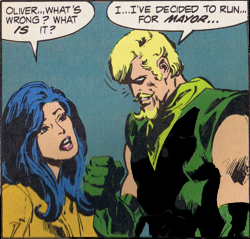Dennis O’Neil: Santa
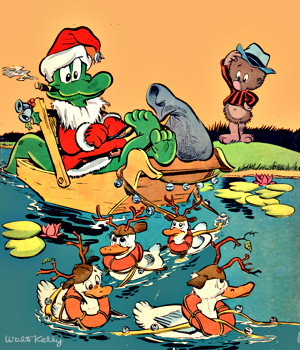 Let us forego our consideration of the green unicorn problem and, obeying the dictates of the season, direct our attention to that jolly old elf, Santa Claus.
Let us forego our consideration of the green unicorn problem and, obeying the dictates of the season, direct our attention to that jolly old elf, Santa Claus.
First, we’ll follow that which is not exactly required but is nonetheless highly recommended and seek to link the elf to comic books, this allegedly being a column devoted to the aforementioned magazines.
So: is Santa a comics character?
Yes and no. Research indicates that he and his cohort of elves and reindeer have never been awarded their own regular title. You could never find, tucked into your Christmas stocking, something like “The Adventures of Santa Claus” or if the comic was published by Disney, “Santa’s Funnies and Stories” or, if it appeared in the 60s and bore a Marvel colophon, maybe “The Stupendous Santa.” Santa has made – I’m taking a shot in the dark here – tens of thousands of comics guest appearances; I may have written a couple-three myself. But he has never been a regular at a comics shop near you. It’s almost as though he didn’t…exist?
And thus, finished with squirming, we come to it and dare ask: Is Santa real? (You might consider sending the children out of the room.)
Again, and please forgive me: Yes and no.
Begin with yes. There is a mythic/fictive entity whose existence was inspired by legendary folk who were probably real humans and whose lore has been augmented by uncounted artists, writers, actors, maybe dancers… anyway, a lot of creative folk. The first of these was an educated New Yorker who lived in what is now Chelsea, in lower Manhattan (and later in Newport) named Clement Clark Moore. He wrote what he titled A Visit From St. Nicholas, never intending it to be published. But it was, in 1823, by The New York Sentinel and it’s been with us ever since. (Some have disputed Moore’s authorship, but let’s not go there.)
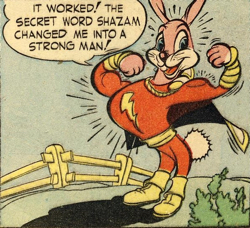 To continue: Are you certain you’ve shooed away the young’uns? Then let’s dare to face the no. So: no, there has never been an actual living human with sorrows, joys, aches and pains, a genome – none of that baggage. He was fiction, just like Spider-Man or John Galt or Hoppy the Marvel Bunny. But that’s not what many of us tell children. We say Santa is real and brings gifts and eats cookies and drinks the milk if we leave snacks out for him. We lie. Tsk
To continue: Are you certain you’ve shooed away the young’uns? Then let’s dare to face the no. So: no, there has never been an actual living human with sorrows, joys, aches and pains, a genome – none of that baggage. He was fiction, just like Spider-Man or John Galt or Hoppy the Marvel Bunny. But that’s not what many of us tell children. We say Santa is real and brings gifts and eats cookies and drinks the milk if we leave snacks out for him. We lie. Tsk
But for much of my life, I thought that the Santa fib was essentially harmless. I’ve changed my mind. What do we gain by teaching kids that adults perpetrate senseless lies that continue for years? That adults, and especially authority figures, are not to be trusted? That the world is full of uncertainty and that the people you love will, just for the heck of it, lie their asses off?
Maybe our final answer is yes Let the urchins learn to be careful and cynical and suspicious. Because look at the world we’re handing them.
Ho ho ho.

